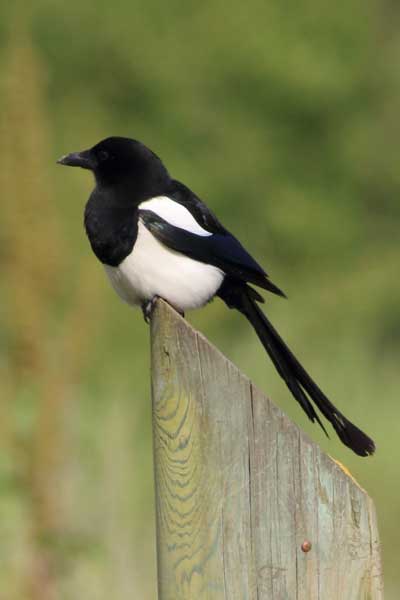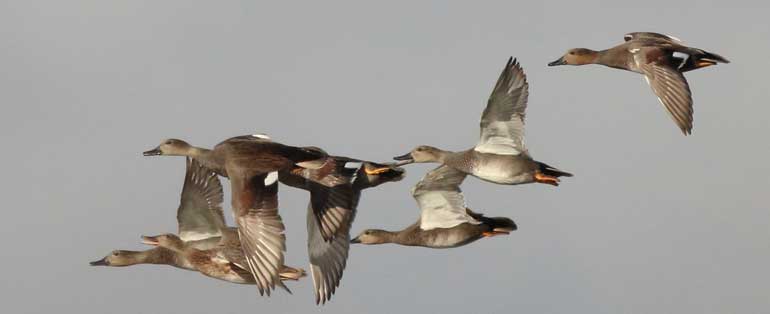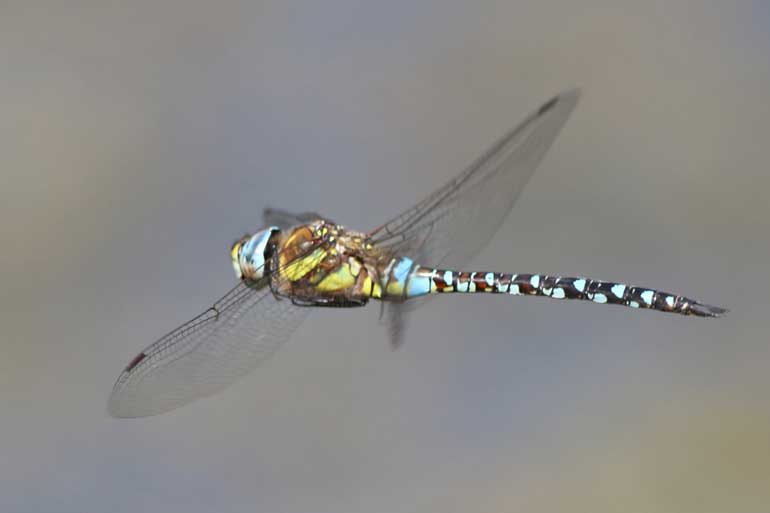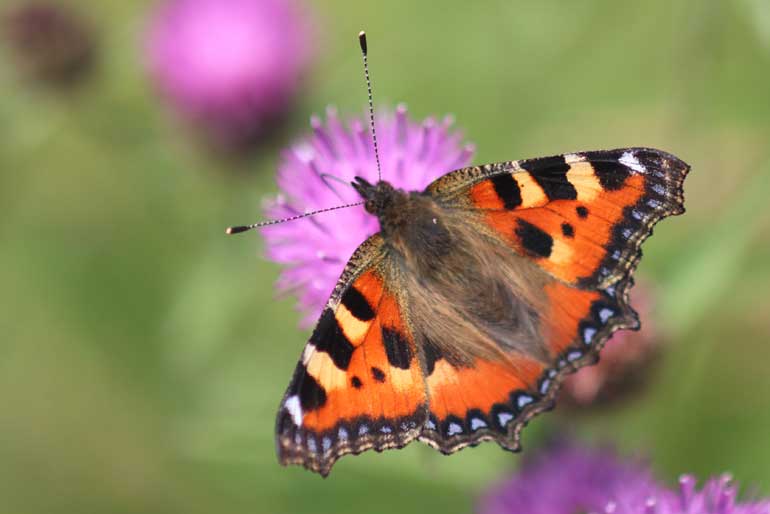Saturday Feb 21, 2026
Saturday Feb 21, 2026
Monday, 10 August 2015 00:00 - - {{hitsCtrl.values.hits}}
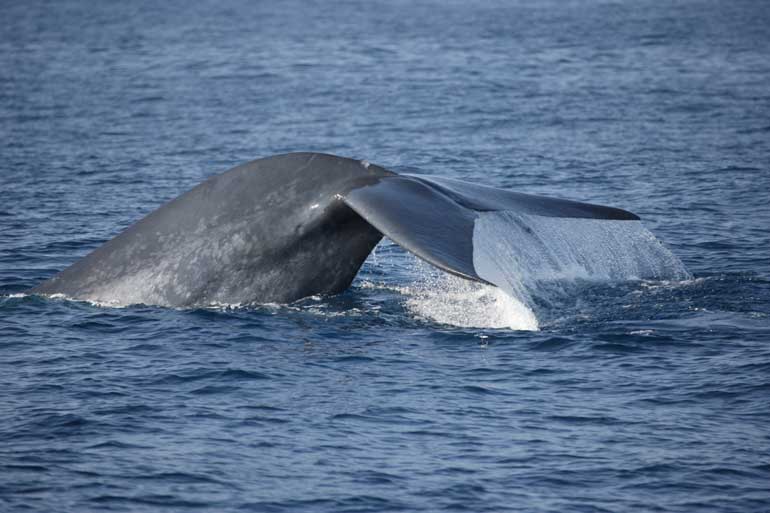
Blue Whale
The Wildlife and Nature Protection Society Monthly Lecture will be delivered by Gehan de Silva Wijeyeratne on 20 August at the Met Department Auditorium, Bauddhaloka Mawatha, Colombo 7 starting at 6.00 p.m.

Part 1: A Wildlife Photographer’s Southern Britain - Lessons for Sri Lanka
Britain is surprisingly rich in wildlife with a wide variety of habitat types from oak woodlands and heathlands to shingle beaches which support rich fauna and flora. A wide network of nature reserves, interventionist landscape management, the provision of bird hides and visitor facilities and good transport links from the capital means even London-based photographers have surprisingly good access to wildlife photography.
This talk visits several nature reserves to showcase some of the birds, butterflies, dragonflies and plants which make up some of Britain’s varied wildlife. It also explains how Britain can be a role model for Sri Lanka to manage its nature reserves and to engage the public in nature conservation.
Part 2: Super-pods and Ocean Giants
In view of the forthcoming Marine Mammal Conference in February 2016, Wijeyeratne’s talk will comprise a second part on whales and dolphins. He will present information on the encounter rates on whales and dolphins based on nearly a thousand whale-watching sessions collated from various sources and explain why Sri Lanka is still the best destination to spot blue whales.
He will show some of the interesting behaviour of sperm whale super-pods and draw attention to two citizen science projects which are engaged in photo identification of orcas and blue whales.
Wijeyeratne has had several books published on Sri Lanka by British publishers. He has aligned an economic agenda for wildlife conservation and was the first to brand the Elephant Gathering, introduce the concept of Leopard Safaris, publicise Sri Lanka as Best for Blue Whales, the best chance for Sperm Whale super-pods and publicise Kalapitiya as a third whale watching hotspot and one of the best in Asia for pelagic seabirds. More recently he has drawn attention to physical, evolutionary and cultural factors that have made the country ideal for wildlife.
